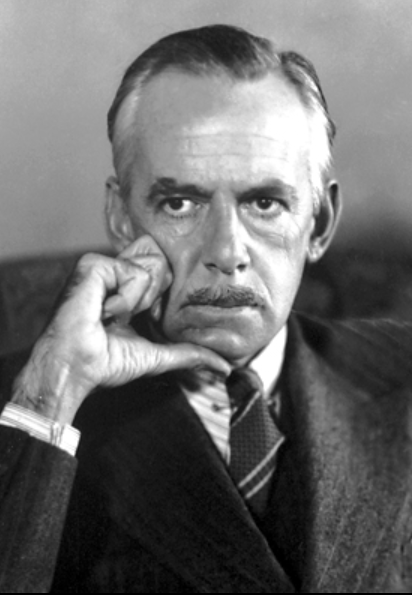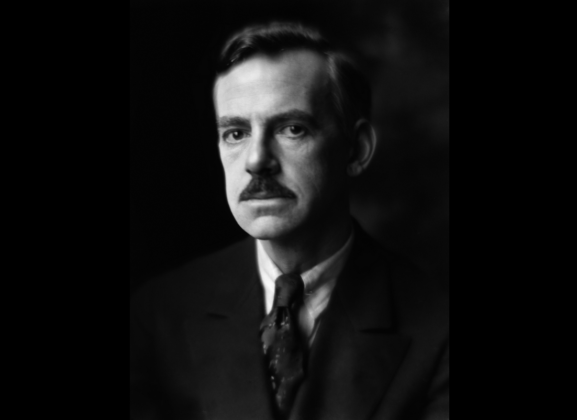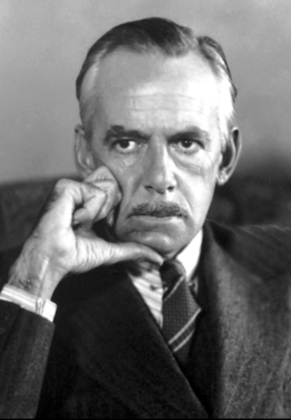Eugene O’Neill Theater: Carrying on the Legacy
Waterford, CT is home to the Eugene O’Neill Theater Center. Founded in 1964 the Theater Center is the country’s preeminent organization dedicated to the development of new works for the stage in the pioneering spirit of the famous American playwright Eugene O’Neill.
Eugene O’Neill, the son of Irish immigrant actor James O’Neill and Mary Ellen Quinlan, was born in a hotel room in Times Square. His father suffered from alcoholism; his mother from an addiction to morphine, prescribed to relieve the pains of the difficult birth of Eugene. This was the beginning of a tremulous life that included separation, divorce, disowning his daughter, the suicides of two of his sons, depression, and alcoholism. In spite of this, he was tremendously productive.
Eugene O’Neill won the Pulitzer Prize four times and was America’s only playwright to win the Nobel Prize in Literature. Nearly all of his plays involve some degree of tragedy and involve characters on the fringes of society. He was among the first to introduce into the U.S. the drama techniques of realism. The tragedy Long Day’s Journey into Night is often numbered on the short list of the finest U.S. plays of the 20th century, alongside Tennessee Williams‘s A Streetcar Named Desire and Arthur Miller‘s Death of a Salesman.
O’Neill’s first published play, Beyond the Horizon, opened on Broadway in 1920 to great acclaim and was awarded the Pulitzer Prize for Drama. His first major hit was The Emperor Jones, which ran on Broadway. His best-known plays include Anna Christie (Pulitzer Prize 1922), Desire Under the Elms (1924), Strange Interlude (Pulitzer Prize 1928), Mourning Becomes Electra (1931), and his only well-known comedy, Ah, Wilderness!, a wistful re-imagining of his youth as he wished it had been. In 1936 he received the Nobel Prize for Literature. After a ten-year pause, O’Neill’s now-renowned play The Iceman Cometh was produced in 1946. The following year he wrote A Moon for the Misbegotten which at the time failed but is now considered one of his best works.
After suffering from multiple health problems O’Neill died in Room 401 of the Sheraton Hotel in Boston, on November 27, 1953, at the age of 65. As he was dying, he whispered his last words: “I knew it. I knew it. Born in a hotel room and died in a hotel room.”
Among Eugene O’Neill Theater Center’s many innovative programs is the National Playwrights Conference founded in 1965, the National Critics Institute, and National Theater of the Deaf soon followed. In 1970 the National Theater Institute was launched and in 1978 the National Music Theater Conference. In 2010 the O’Neill received its second Tony Award. With a ribbon-cutting in 2015, the O’Neill expanded its campus with nine new buildings to support an expansion of its National Theater Institute into musical theater training: the National Music Theater Institute. In September 2016 the O’Neill was awarded the National Medal of Arts from President Obama.
The O’Neill also manages and operates the Monte Cristo Cottage, O’Neill’s childhood home located in neighboring New London. The 1840s cottage is named in honor of Eugene O’Neill’s father, the actor James O’Neill, and his most popular role as Edmond Dantès in The Count of Monte Cristo.














